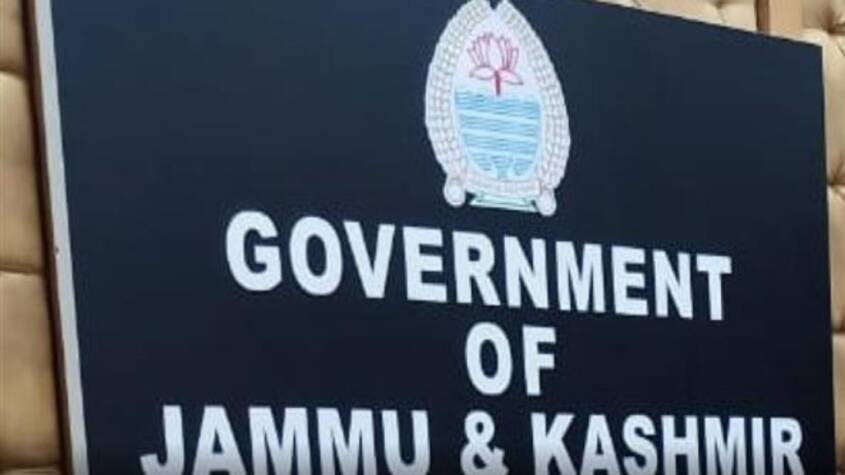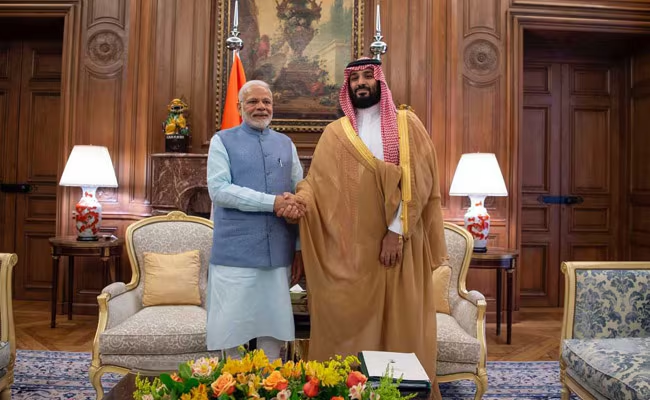J&K Implements Austerity Measures: Bans Meetings, Conferences at Private Hotels, Purchase Of New Vehicles. Biz Class Travel
Srinagar, Jan 11: The Jammu and Kashmir government today issued comprehensive guidelines for expenditure management and austerity measures to ensure fiscal prudence during the financial year 2024-25, banning business class air-travel, holding of meetings at private hotels and the purchase of the new vehicles among other measures.
The measures, announced by the Finance Department by Principal Secretary Santosh D. Vaidya, IAS, have tasked administrative secretaries with strict enforcement of these measures, with oversight by financial advisors in all departments.
The important highlights of the directive include:
Expenditure Regulation:
• Revenue expenditure in the last quarter is capped at 30% of the budget allocation, with only 15% allowed in March.
• No advance payments are permitted in the final month except for specific cases like government servant loans, compassionate grounds, or disaster relief.
Cutbacks in Seminars and Travel:
• Organizing conferences and seminars is limited, with a preference for utilizing government venues over private hotels.
• Domestic travel must be in economy class, and international travel is restricted unless explicitly approved.
• A 10% cut has been imposed on travel expense budgets.
Ban on Extravagant Purchases:
• Purchase of new vehicles is discouraged, and replacements must adhere to a 20% reduction policy.
• Procurement of new furniture is restricted, except for newly established offices.
Official Functions:
• A complete ban on official dinners and lunches, except for those hosted by the Lieutenant Governor or Chief Minister.
Employment and Recruitment:
• No new posts will be created, and vacant positions for more than two years are to be surrendered unless cleared under exceptional circumstances.
Rationalization of Local Fund Usage:
• Departments, universities, and agencies must align their expenditures with these austerity measures.
The order also mandates compliance with General Financial Rules (GFRs), e-tendering, and GeM-based procurement processes. Priority spending will focus on essential activities, avoiding non-critical repairs or upgrades.
This decision reflects the government’s commitment to addressing fiscal challenges and prioritizing financial efficiency while ensuring that essential services remain uninterrupted.
PSAJK Shuts Schools Across Jammu & Kashmir To Mourn Pahalgam Terror Attack, Condemns Brutality
Srinagar, 22 April 2025: The Private Schools’ Association of Jammu and Kashmir (PSAJ…








